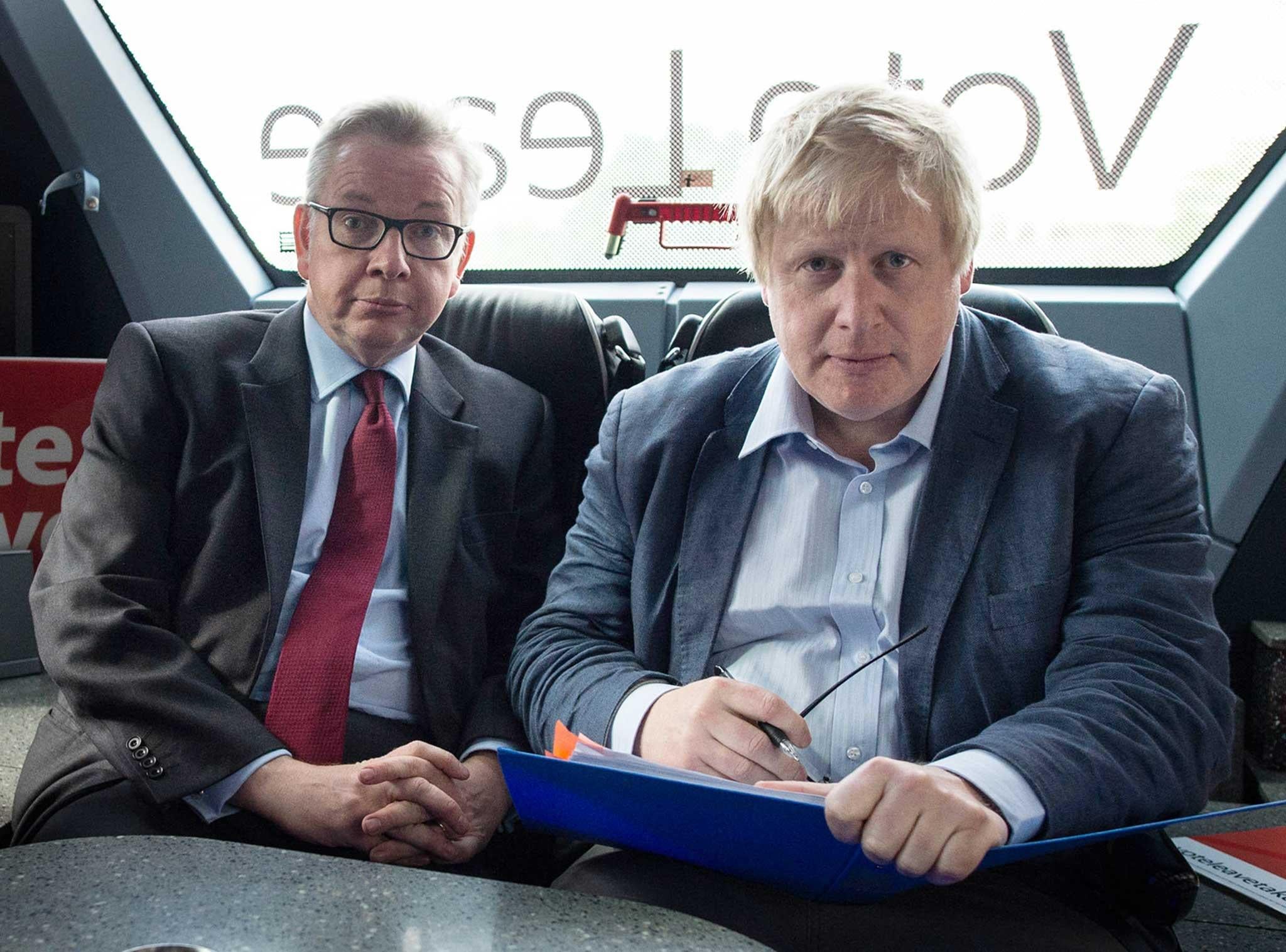Britain’s economy isn’t going to help Tory leadership contenders with their promises
The British Chambers of Commerce has increased its 2019 growth forecast as a result of Brexit stockpiling but sharply cut its numbers for the following two years, writes James Moore


To listen to the Tory leadership candidates, once they have “delivered Brexit” they’ll be able to cut taxes, invest in public services, enact business- and enterprise-friendly policies and maintain fiscal discipline at the same time. We really will be able to have it all.
A fantasy? Another example of Conservatives magical thinking?
Up to a point. The menu they’ve offered is something from which they could at least pick and choose their favourite dishes with the assistance of a strong economy, as long as they’re prepared kick the can of dealing with an ageing population down the road (again). They’ll almost certainly do that.
Trouble is, as the British Chambers of Commerce makes clear this morning, Britain is highly unlikely to have a strong economy even if, and it’s apparently a big if judging by what some of the main contenders have said, a Brexit deal is ultimately done.
The BCC has, it’s true, slightly upgraded its 2019 growth forecast from a pedestrian 1.2 per cent to 1.3 per cent, which still rather leaves Britain spluttering along the hard shoulder, probably in an imported car given the way our own motor industry is going.
However, it has significantly pared back its expectations further on out, slashing its 2020 forecast to just 1 per cent from 1.3 per cent and its 2021 number from 1.4 per cent to 1.2 per cent.
The explanation? The modest increase to the 2019 number comes almost entirely from firms’ Brexit stockpiling.
A disturbing number of them have made little in the way of preparations for a no-deal crash out, as referenced by the Institute of Directors on Friday. A survey of businesses it conducted found about half had either not enacted contingency plans or weren’t planning any. This is partly because many smaller businesses simply lack the resources to do so.
But those that have engaged in building up supplies have done so with gusto. As a result, inventory levels are now at historic highs.
This build-up has driven a boost to economic growth this year but there will be a reduction in future years as they are unwound at a time of pitifully weak business investment, which is a consequence of the uncertainty the government has created.
The BCC says that will “suffocate investment activity over the near term”.
Trade and exports are also expected to be hit as Britain transitions out of the EU (assuming it does). What growth there is will, once again, be dependent upon the resilience of British consumers. Their wages have been rising of late, which is a welcome development, but they’ve been understandably reluctant to spend them because they too are very wary about the no-deal posturing indulged in by the likes of Boris Johnson.
It should be noted that all of the BCC’s forecasts are dependent on the UK agreeing to a Brexit deal: without one, the fairly gloomy picture the organisation paints will have to be reassessed in a sharply negative direction.
The prime ministerial aspirants badly need the economy to help them make good on the promises they’ve been making. It doesn’t look likely it’s going to offer them much in the way of support.
Join our commenting forum
Join thought-provoking conversations, follow other Independent readers and see their replies
Comments